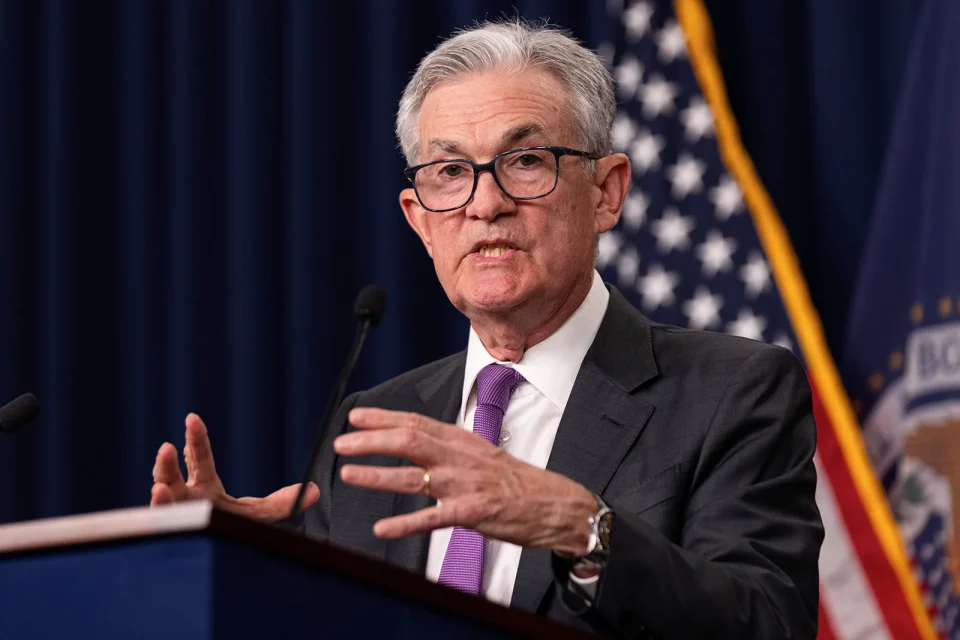Federal Reserve Chair Jerome Powell’s recent comments at the New York Times’ DealBook Summit have reignited discussions about Bitcoin’s role in the financial ecosystem. During the summit, Powell characterized Bitcoin as a speculative asset akin to gold, rather than a viable alternative to traditional currencies like the U.S. dollar. His remarks come at a time when Bitcoin is witnessing significant price movements, recently trading at an intraday high of $103,620.
In his interview with CNBC’s Andrew Ross Sorkin, Powell stated, “People use Bitcoin as a speculative asset. It’s just like gold, only it’s virtual, it’s digital.” He emphasized that Bitcoin is not being used widely as a form of payment or a reliable store of value due to its inherent volatility. Powell noted that while Bitcoin may attract investment interest, it fundamentally competes with gold rather than serving as a functional currency in the economy.
Powell’s comments highlight a critical aspect of Bitcoin, its volatility. Despite experiencing significant price increases, such as its recent surge past $103,000, Bitcoin remains highly unpredictable. This volatility is often cited by critics as a barrier to its adoption as a mainstream currency. Powell pointed out that such fluctuations make it unsuitable for everyday transactions or as a stable store of value.
Interestingly, while Bitcoin’s volatility has historically been high, some analysts have noted that it has been decreasing over time. This trend could suggest that as the market matures, Bitcoin may become less erratic and more appealing to institutional investors. However, Powell remains skeptical about its potential to replace traditional currencies like the dollar.
During the summit, Powell also addressed concerns regarding the regulatory framework surrounding cryptocurrencies. He clarified that while the Federal Reserve plays a role in overseeing the banking system’s health, it does not have direct authority over cryptocurrency regulation. “It’s critical that the interactions between crypto businesses and the banking sector do not compromise financial stability,” he stated. This indicates a cautious approach from the Fed regarding cryptocurrencies and their integration into the broader financial system.
Powell’s remarks appear to have had an immediate impact on the cryptocurrency market. Following his comments, Bitcoin experienced a notable rally, climbing above $103,000 for the first time in recent trading sessions. Market analysts suggest that Powell’s comparison of Bitcoin to gold adds a layer of legitimacy to its status as an asset class, potentially attracting more investors looking for alternatives to traditional investments.
As Bitcoin continues to gain traction among investors, its future remains uncertain. While some view it primarily as a speculative asset, others believe it could evolve into a more stable store of value akin to gold. The interplay between regulatory developments and market dynamics will likely shape Bitcoin’s trajectory in the coming months.
Jerome Powell’s insights at the DealBook Summit underscore the complexities surrounding Bitcoin’s role in modern finance. By framing it as a speculative asset rather than a competitor to the dollar, he provides clarity on how traditional financial institutions view cryptocurrencies. As Bitcoin approaches new price milestones amidst ongoing discussions about regulation and market stability, its evolution will be closely watched by both advocates and skeptics alike.

